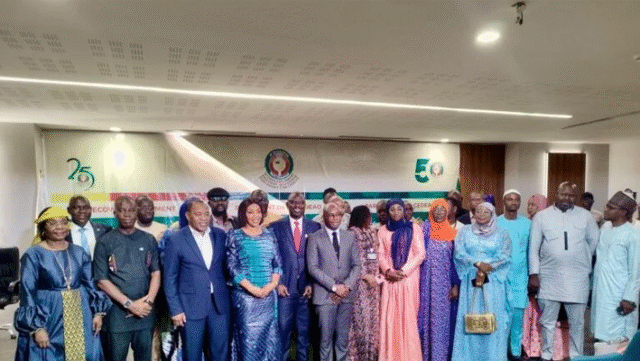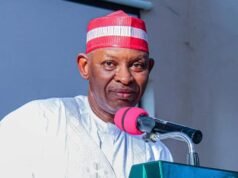In a pivotal regional gathering held in Dakar, Senegal, the ECOWAS Parliament has formally called for the creation of a comprehensive legal and educational policy framework to guide the use and development of artificial intelligence (AI) across West African nations. Lawmakers underscored the urgency of harmonising regulations, uplifting education standards, and addressing digital inequality through collaborative regional leadership.
Table of Contents
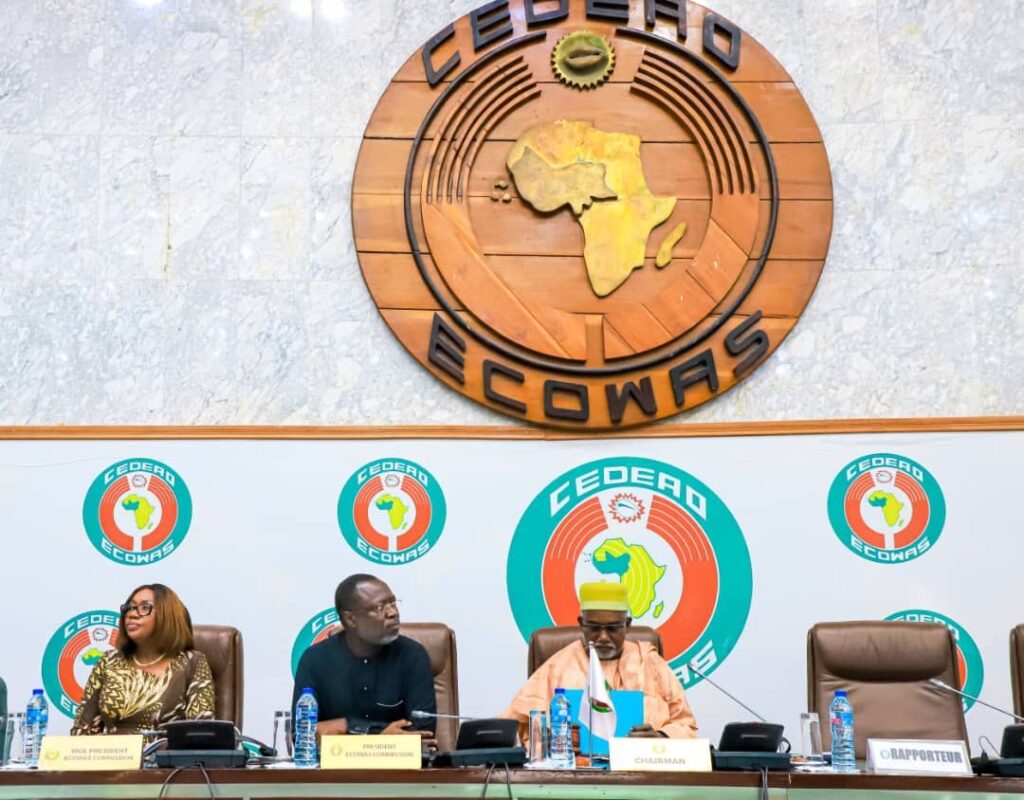
A Turning Point in ECOWAS’s Policy Agenda
On July 1, 2025, the ECOWAS Parliament convened a delocalised session of its Joint Committee on Education, Science & Digital Innovation under the theme “Prioritising Education Technology and Innovation in the ECOWAS Region.” Presided over by Speaker Hadja Memounatou Ibrahima, who was represented by her Second Deputy, Adjaratou Coulibaly, the meeting sent a clear message: AI is no longer futuristic—it is foundational to West Africa’s future prosperity.
Coulibaly emphasised that traditional schooling models, while familiar, fall short of preparing the region’s youth for a digital, AI‑driven economy. The call was for new learning paradigms that equip young people with digital competencies, while legal safeguards ensure responsible use of emerging technologies.
Education Meets Legislation: The Push for a Regional AI Pact
A central outcome of the Dakar meeting is the proposal for a Community Act on AI—a legally binding ECOWAS-wide regulation framework to set standards for data protection, algorithmic fairness, transparency, and societal benefit. Officials believe such an act would provide clarity and consistency across member states, laying the groundwork for inclusive and ethical AI adoption.
As Deputies noted, adopting AI without legal oversight invites risks—social disruption, data misuse, and widening inequality. The proposed pact would define obligations for developers, governments, educators, and private sector actors across a digitally evolving region.
Addressing Education Gaps with Tech Solutions
Delegates recognised longstanding challenges in education across the region, including inadequate infrastructure, inconsistent internet access, and slow uptake of digital tools. These gaps, they argued, hamper digital inclusion and threaten to leave many behind in the shift toward tech‑centric learning environments.
Coulibaly emphasised that “if Africa wants to join the global knowledge economy, every child must access digital tools from school.” This credo encapsulates the push for connected classrooms, online learning platforms, and teacher training in digital pedagogy across member countries.
Humanising AI: Education Beyond Automation
A striking question raised at the meeting was, “What happens when AI replaces teachers? How do we humanise education in a tech‑driven age?” ECOWAS lawmakers urged that AI tools must augment—not supplant—the human connection central to learning. Human values, empathy, and cultural relevance must underpin any technological integration into classrooms.
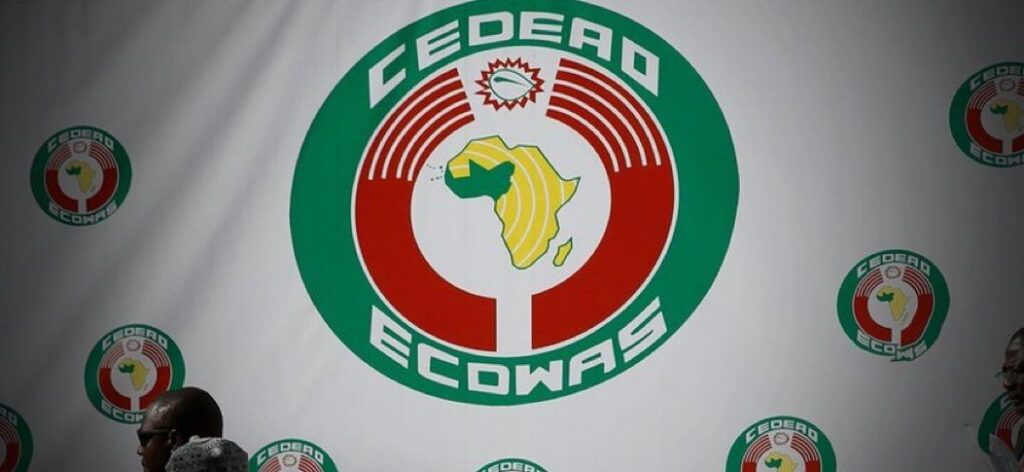
Senegal’s Leadership: A Model for Regional Adoption
Senegal’s Minister of National Education, Moustapha Guirassy, presented the country’s own strategy as an example of regional best practice. Senegal has earmarked ₣1,105 billion CFA for education reform, with ₣130 billion CFA specifically allocated to digital education. AI tools are already being piloted in performance tracking, and curriculum modules on algorithmic literacy are being rolled out in secondary schools.
Guirassy proposed a West African Pact on AI in Education, structured around six pillars:
- A regional AI ethical charter
- Multilingual digital educational resources
- A regional network of expert labs
- Teacher certification in digital and AI skills
- A regional innovation fund
- Clear data sovereignty policies.
This strategic framework aligns with the ECOWAS Digital Strategy 2024–2029, and dovetails with the World Bank’s West Africa Regional Digital Integration Project (WARDIP)—a US $10.5 million initiative aimed at strengthening connectivity and EdTech infrastructure.
Youth-Driven Desires Meet Legislative Imperative
ECOWAS’s population is notably youthful—about 63% under age 25—making digital competence a generational need. Regional lawmakers emphasised the importance of unleashing this demographic dividend through robust policies, skills training, and equitable access to education technology.
The parliamentarians underscored that inclusive digital policy must bridge gender gaps, rural‑urban divides, and the digital skills gap to ensure that technology uplifts rather than excludes.
From Regional Vision to National Implementation
While regional ambition is high, translating proposals into national laws and educational reforms will require coordinated effort. ECOWAS intends to deliver formal recommendations to member states and integrate them into national agendas through the next parliamentary cycle. Partners including the African Union and multilateral development agencies, are expected to support the implementation process with technical and financial backing.
This move builds upon the African Union’s earlier Continental AI Strategy (2024), and the Communiqué from the High‑Level Policy Dialogue in Addis Ababa (May 17, 2025), which urged African nations to create and regulate homegrown AI systems rooted in shared ethical standards.
Why It Matters: Global Relevance, Local Impact
Establishing a regional legal and educational framework for AI is more than academic—it speaks to economic competitiveness, digital sovereignty, and social equity. Through cooperative policy-making, ECOWAS aims to avoid past mistakes seen globally, where unregulated AI led to discrimination, opacity, and misuse.
By consciously framing AI policy around legal standards, educator empowerment, inclusion, and local innovation, West Africa seeks to harness technology for growth without sacrificing African values, languages, and societal cohesion.
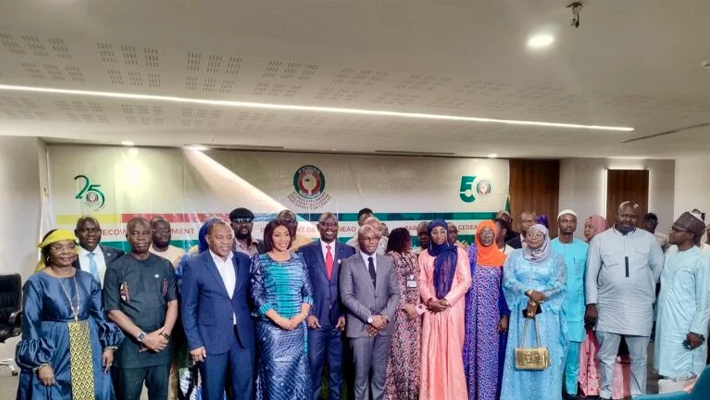
Looking Ahead: What Comes Next
Over the coming months, ECOWAS member states will consider a draft Community Act on AI, while developing national action plans anchored in regional guidelines. Stakeholders are expected to establish:
- A regional digital education lab network,
- Multilingual EdTech content pipelines,
- Teacher training standards,
- Monitoring mechanisms to track AI’s impact in schools,
- Legal tools to protect data rights and algorithmic fairness.
Momentum is expected to build at upcoming meetings—culminating in periodic review sessions as outlined in ECOWAS’s broader digital strategy. The Dakar session may well mark a significant turning point: Africa not just adapting to AI—but shaping it.
Summary
- ECOWAS Parliament has formally advocated for a harmonised AI legal and education framework across West Africa.
- The Dakar meeting highlighted the need to modernise education systems with digital tools while ensuring ethical, inclusive AI governance.
- Senegal was showcased as a national model, with explicit funding and pilot initiatives.
- A proposed West African Pact on AI rests on six pillars, from ethics to teacher training.
- Partnership with continental and international bodies—the AU, World Bank, WARDIP—is critical to implementation.
- With 63% of the population under 25, the policy responds to demographic urgency and economic opportunity.
Join Our Social Media Channels:
WhatsApp: NaijaEyes
Facebook: NaijaEyes
Twitter: NaijaEyes
Instagram: NaijaEyes
TikTok: NaijaEyes





































